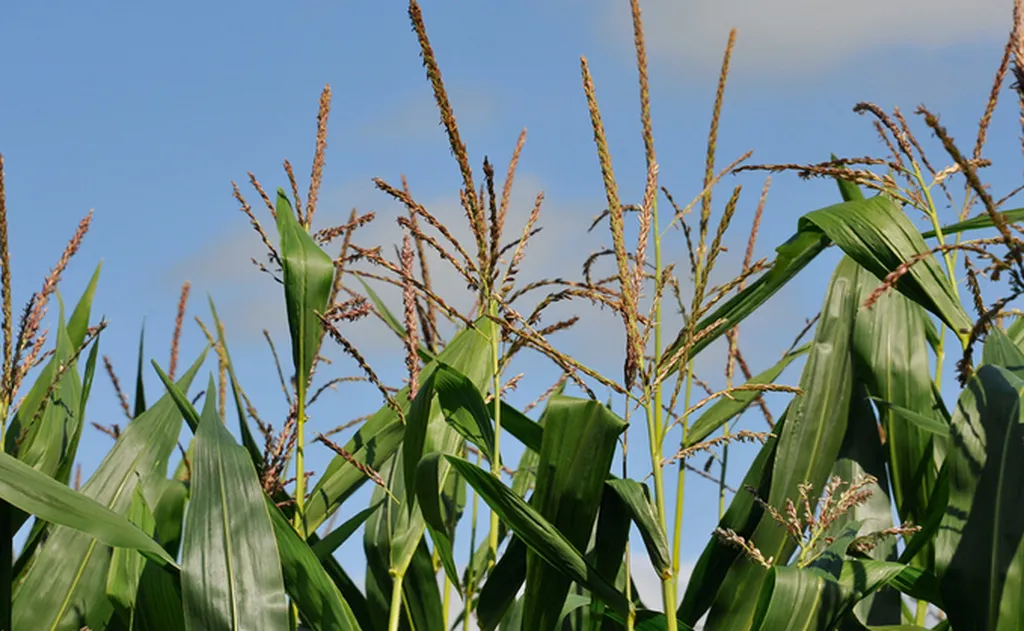In the face of escalating climate challenges, farmers are continually seeking innovative solutions to bolster crop resilience and sustain productivity. A recent study published in *Plant, Soil and Environment* offers a promising avenue for maize cultivation, demonstrating the potential of a well-known soil fungus to mitigate drought effects and enhance yield. The research, led by Renato Lustosa Sobrinho from the University of Antwerp, explores the use of *Trichoderma harzianum* (strain ESALQ 1306), a biological control agent traditionally used for crops like soybean and strawberry, as a growth promoter for maize.
The study, conducted over two growing seasons with three commercial maize cultivars—DKB255, DKB360, and 2B810—revealed significant improvements in plant height, biomass, and grain yield, particularly under drought conditions. The most striking results were observed in the cultivar DKB360, which saw yield increases of up to 60% compared to untreated controls. “The performance of the ESALQ 1306 strain under drought stress was particularly noteworthy,” noted Sobrinho. “It not only enhanced the maize’s ability to withstand water scarcity but also improved nutrient uptake, especially nitrogen, which is crucial for soil health and fertility.”
The findings suggest that *Trichoderma harzianum* (ESALQ 1306) could be a valuable bioinoculant for maize, offering a sustainable solution to the challenges posed by climate change. However, the study also highlights the importance of genotype-specific responses, indicating that the success of bioinoculant application may depend on the specific cultivar used. “This insight is crucial for guiding future breeding programs and establishing clear regulatory guidelines for commercialising biological products,” Sobrinho emphasized.
The commercial implications of this research are substantial. As farmers grapple with increasingly unpredictable weather patterns, the adoption of bioinoculants like *Trichoderma harzianum* (ESALQ 1306) could provide a much-needed boost to crop resilience and productivity. The study’s findings could pave the way for more targeted use of microbial inoculants, tailored to specific cultivars and environmental conditions, thereby enhancing the overall efficiency and sustainability of agricultural practices.
Moreover, the research underscores the potential of endophytic microorganisms in promoting drought tolerance and improving maize yield. As the agricultural sector continues to seek innovative solutions to the challenges posed by climate change, the use of biological inoculants could play a pivotal role in shaping the future of sustainable agriculture. The study, published in *Plant, Soil and Environment* and led by Renato Lustosa Sobrinho from the University of Antwerp, offers a compelling case for the integration of microbial technology into mainstream agricultural practices, heralding a new era of resilience and productivity in crop cultivation.

